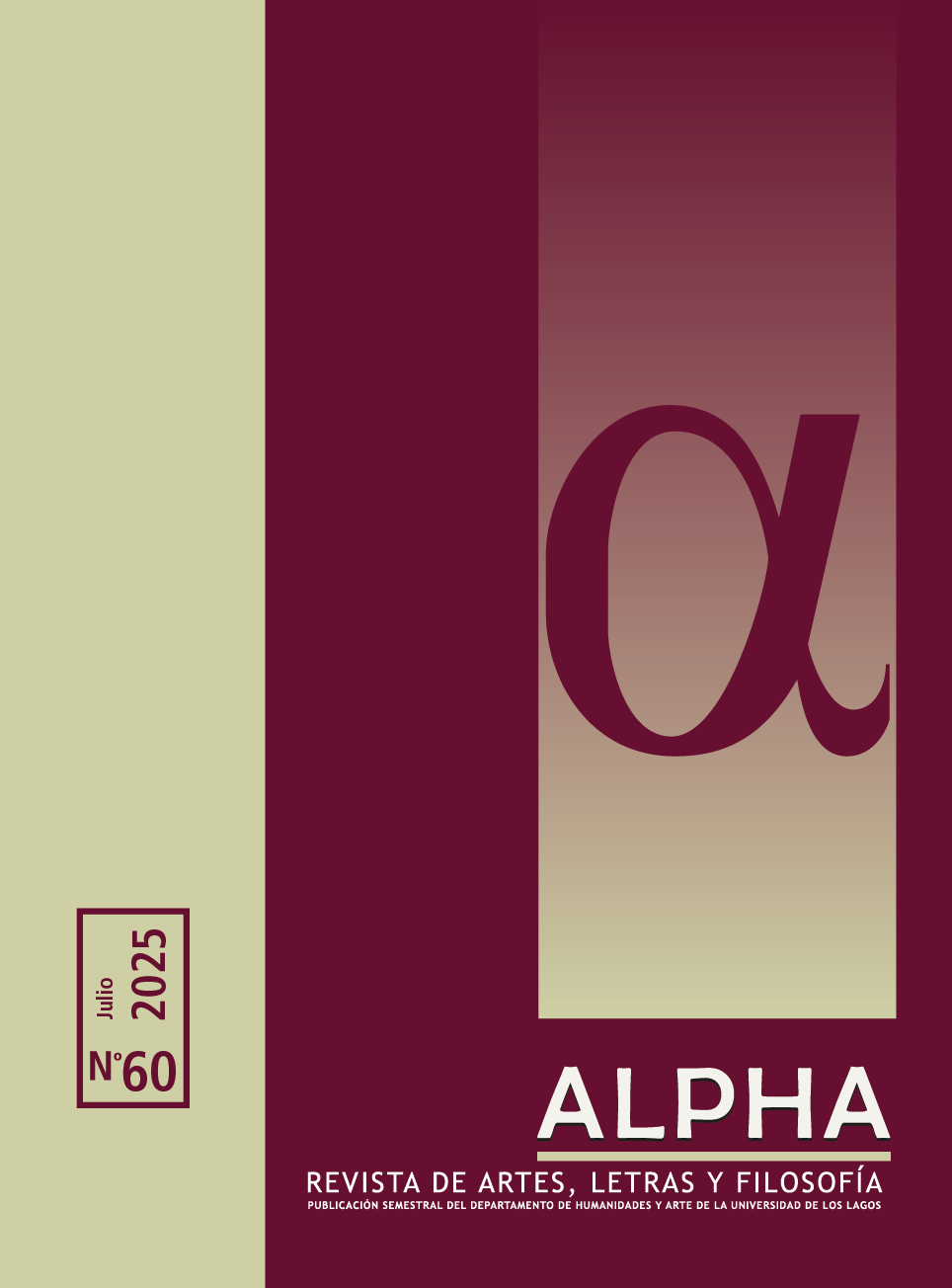The latin american reception of La deshumanización del arte of Ortega y Gasset’s. The humanist answer
Main Article Content
Abstract
This article explores the way in which José Ortega y Gasset’s La deshumanización del arte (1925) was read and discussed in Latin America by Enrique Molina from a humanist perspective. The study is mainly concerned with the meaning that Ortega’s essay gives to the autonomous condition of modern art and the reasons why his ideas stand in an ethical opposition to humanism’s position regarding the nature of human being, culture, and the life of the spirit. In the end, what seems to be at stake in this quarrel is a philosophical and cultural debate on Latin America’s process of modernization and the meaning of the concept of “progress” as an ideal.
Article Details
Downloads

This work is licensed under a Creative Commons Attribution-NonCommercial 4.0 International License.
